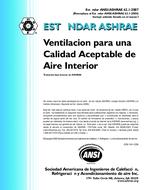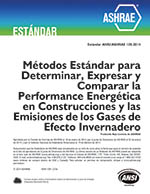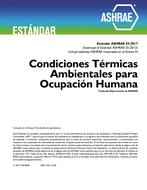Description
Air source heat pumps (ASHPs) in heating mode use a refrigeration cycle to remove heat from the outside air and transfer it into a building. Therefore, ASHPs have the potential to save energy compared to conventional heat sources that create the heat as opposed to transferring it from outside. Many cold climate ASHPs available on the market today can operate at outside temperatures of -25 °C (-13 °F) or even lower. As a result of technological advances and other factors, there is growing interest in ASHPs in cold climates, including very cold regions such as Alaska. However, guidance on the selection, installation, and operation of ASHPs in these very cold climates is limited, as significant data gaps exist regarding the performance of ASHPs in very cold environments. To address these data gaps and guide future innovations, our research team has studied the field performance of several ASHP installations in Alaska and done lab evaluations of several ASHP models using a cold chamber. While a cold chamber cannot fully reflect field conditions, it allowed for changing one variable at a time and gaining additional understanding of the behavior of ASHPs that would be difficult to gain from field studies only. This study focused on two main variables: the temperature in the chamber (representing the outdoor temperature) and the level of thermal loading of the ASHP. The results from the field as well as the lab show that ASHPs can operate with relatively high efficiency even in very cold climates if used in appropriate situations and in an appropriate way. It was found that not only the outside temperature, but also the level of thermal loading is a significant factor affecting the ASHP efficiency and needs to be carefully considered when sizing and operating ASHPs in very cold climates.
Product Details
- Published:
- 2023
- Number of Pages:
- 7
- Units of Measure:
- Dual
- File Size:
- 1 file , 1.2 MB
- Product Code(s):
- D-CCC23-21
- Note:
- This product is unavailable in Russia, Belarus




